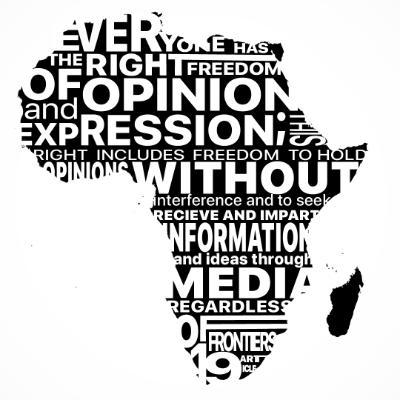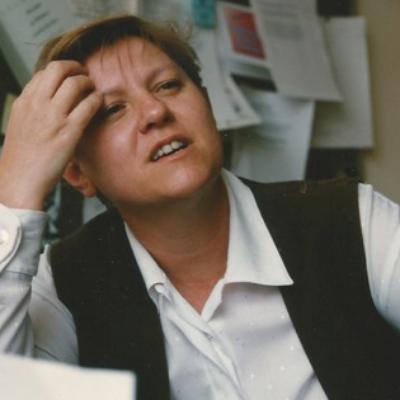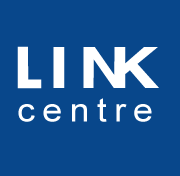 Media Freedom and Freedom of Expression in Africa
Media Freedom and Freedom of Expression in Africa
Jeanette Minnie Memorial Course, 2018-21
This free online course, developed to recognise the life and work of the late South African activist Jeanette Minnie, was offered on the WitsX edX platform between 2018 and 2021, with course delivery by the LINK Centre's Honorary Adjunct Prof. Justine Limpitlaw in cooperation with other African media policy experts.
In 2023, an updated and expanded version of the programme, now called "Media and Digital Policy in Africa", was launched on the StellenboschX platform, with support from the Namibia Media Trust. The intended participants are activists, students, regulators, policymakers, journalists, lawyers, academics, researchers -- and anyone else -- interested in ensuring freedom of expression, media freedom, and pluralistic, diverse media sectors in Africa. For full details, go to programme page.
As with the original course, the new programme seeks to sustain the work of Minnie, who was devoted to robust civil society engagement with African media policy. Media play a critical role in democratic societies by informing citizens, facilitating and building freedom of expression, and fostering access to information. It is thus of great importance to be able to identify the principles and components of democratic media policy and practice, and to identify strategies for effective civil society engagement with these matters in African settings.
 足球竞彩app排名 Jeanette Minnie
足球竞彩app排名 Jeanette Minnie
Jeanette Minnie (pictured right), who passed away in George, South Africa, on 2 November 2016, was a leading media activist during her career. Minnie was a maker of history in the realm of freedom of expression and press freedom in southern Africa. She succeeded in building alliances and organisations, starting in the 1990s in South Africa and then working across Southern Africa.
Minnie's work showed the value of civil society and media personnel in impacting on state policy, law and administrative action in the interests of freedom, pluralism and independence for media. As with the the 2018-21 course, the current programme follows within, and helps to sustain, this tradition of promoting the value of bottom-up contributions to African media policymaking and implementation.
Course content, 2018 to 2021
Participants learnt:
- How to identify the core elements of the principles of freedom of expression, media freedom, and access to information
- The policy and practical components required by a democratic media ecosystem
- Regulatory and other measures that build media pluralism and diversity
- The mechanisms of self-regulation, co-regulation, statutory regulation and regulatory independence in democratic media ecosystems
- How to identify the practical and policy dimensions introduced by online media, online expression, and online information access
- Strategies for effective civil society engagement with policy and practice in support of democratic Africa media ecosystems
- The impact of the COVID-19 pandemic on journalists and the media
Course development and management from 2017 to 2021 were provided by the Wits LINK Centre and WitsX, with course development support by frayintermedia. Course instruction from 2018 to 2021 was provided by Honorary Adjunct Prof. Justine Limpitlaw (Wits LINK Centre), Paula Fray (frayintermedia), Zoe Titus (Namibia Media Trust), Associate Prof. Sarah Chiumbu (University of Johannesburg), and Koketso Moeti (Amandla.mobi). The course Advisory Committee comprised Limpitlaw, Chris Armstrong, Guy Berger, Zoe Titus, Leon Willems, Hendrik Bussiek, and Pierre Minnie (Honourary Member).

Funding support from 2017 to 2021 for course research, content development, piloting, and marketing were provided by Free Press Unlimited (FPU), Bertha Foundation, Namibia Media Trust (NMT) and fesmedia Africa.

Marketing support was provided by frayintermedia and fraycollege.

